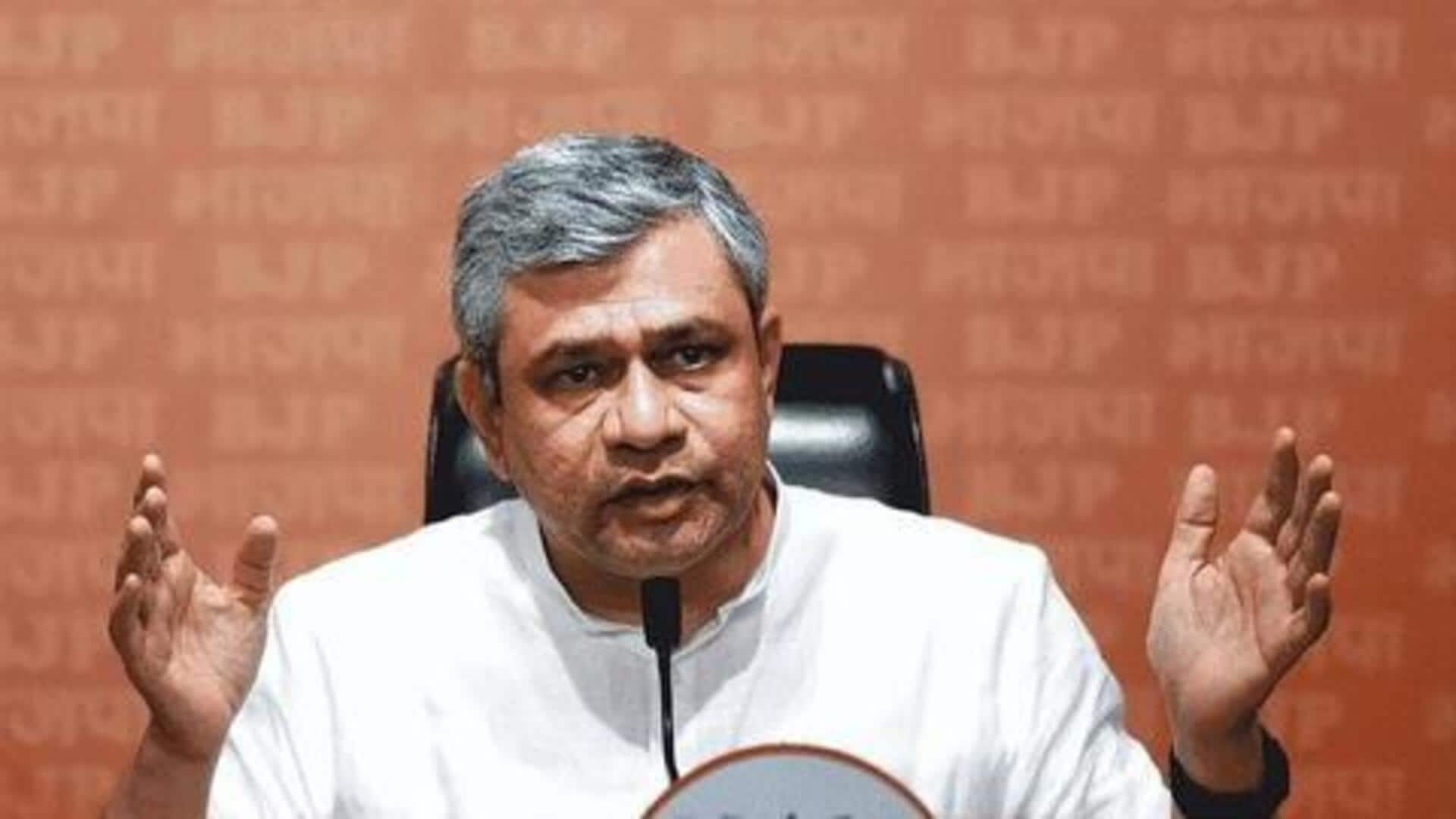
India to ready AI legislation post-elections: IT minister Ashwini Vaishnaw
What's the story
After the upcoming general elections, India will begin developing legislation for artificial intelligence (AI) regulations.
This information was disclosed by Ashwini Vaishnaw, Union Minister of Electronics & Information Technology.
He stressed that a self-regulatory body would not suffice for AI, necessitating a legislative approach instead.
This move follows an advisory issued and later withdrawn by the Indian government last month, which urged tech firms to seek explicit consent before implementing untested or unreliable AI models.
Regulatory balance
Balancing innovation and regulation in AI
In a conversation with the Economic Times, Vaishnaw detailed the government's plan to establish a comprehensive regulatory framework for AI.
He assured that these regulations would not impede innovation but maintain a balance.
The need for such regulations was underscored by potential copyright infringements and financial and commercial implications.
The rise of deepfakes—manipulated synthetic media that mimic real personalities to spread false information—was cited as one of the reasons necessitating regulation.
Copyright concerns
Intellectual property rights in the AI era
Vaishnaw highlighted the task of preserving intellectual property rights in the age of AI.
This issue has already gained attention in the US, with authors like Margaret Atwood, Jonathan Franzen, and James Patterson writing to tech companies asking them not to use their copyrighted work for training AI models or creating content in their style.
The New York Times has also sued OpenAI over unauthorized use of its news articles to train its chatbot.
DNPA request
Indian digital news publishers seek copyright protection
In India, the Digital News Publishers Association (DNPA) has sought government protection against AI models infringing on copyright laws.
The association's concerns are expected to be addressed in the upcoming AI regulation.
This development comes as part of a broader global conversation about the intersection of artificial intelligence and intellectual property rights, with stakeholders from various sectors voicing their concerns and suggestions for effective regulation.
CAS framework
Proposed framework for AI regulation in India
Sanjeev Sanyal, a member of the Prime Minister's Economic Advisory Council has proposed a Complex Adaptive System (CAS) framework for regulating AI.
His proposal includes establishing an expert AI regulator and creating a national registry of algorithms for AI innovation.
The framework is based on five key principles: setting up guardrails to curb undesirable AI behavior, mandating manual overrides for critical infrastructure, open licensing of core algorithms, continuous monitoring of AI systems, and enforcing incident reporting protocols.
Global partnership
India's role in global AI regulatory framework
India has proposed to lead the creation of a draft global AI regulatory framework at the Global Partnership on Artificial Intelligence (GPAI) Summit expected to happen later this year in June or July.
The GPAI is an alliance of 29 nations that has agreed to use the GPAI platform to ready a global framework on AI trust and safety.
This initiative underscores India's commitment to shaping international standards and practices in artificial intelligence regulation.